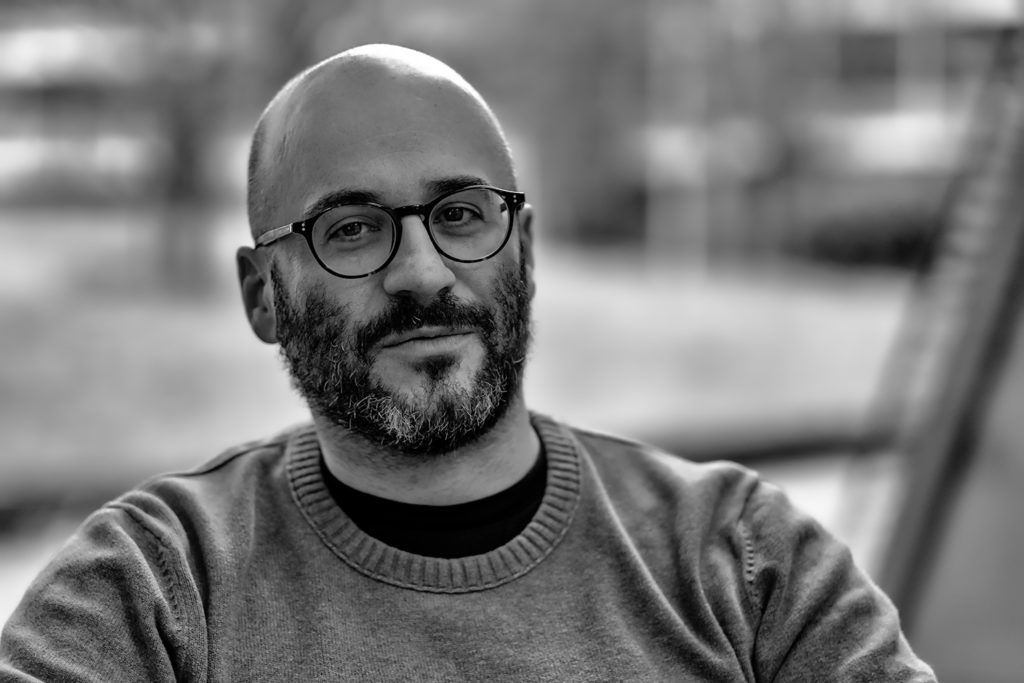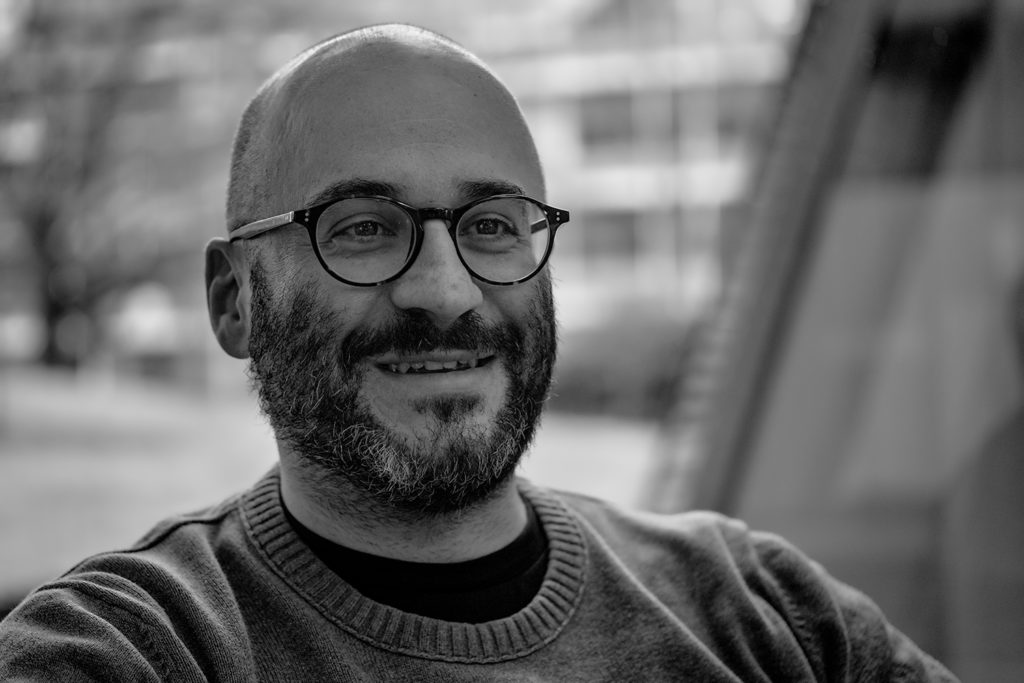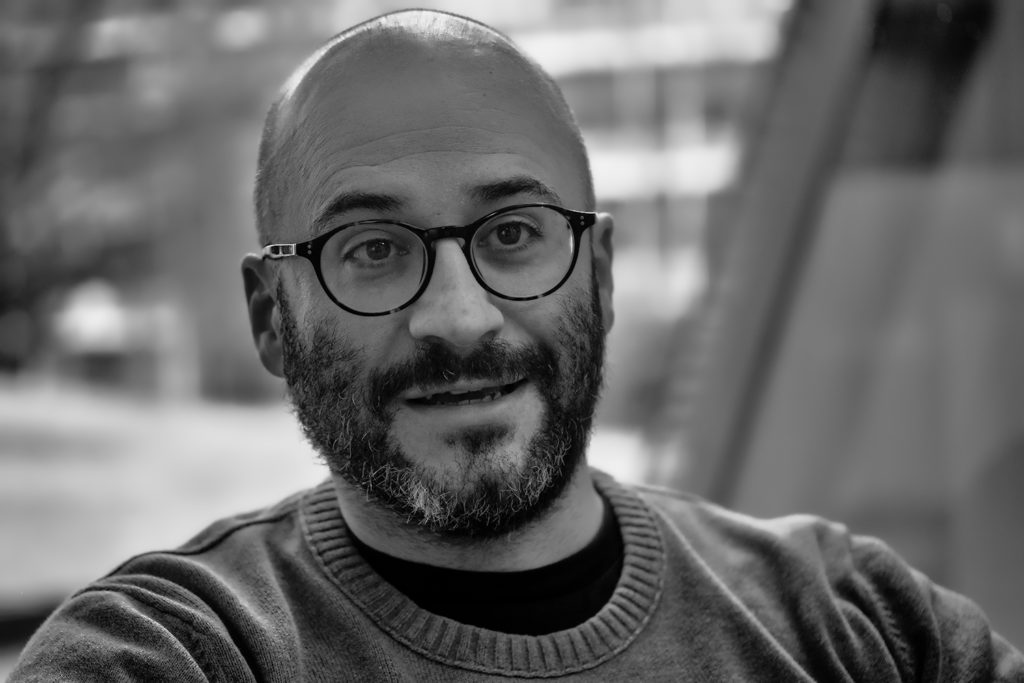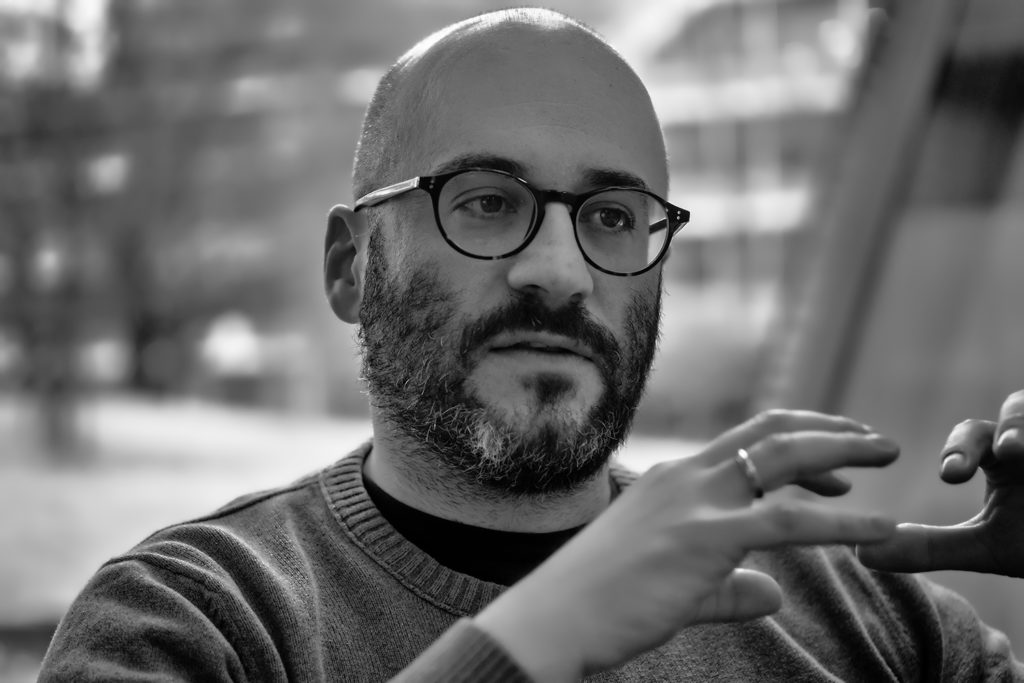
Website: https://notiz.blog
Martin: Matthias, please tell us your WordPress story. What motivated you to work with WordPress?
Matthias: (Laughs) How far ahead shall we start?
Martin: (Laughs) We have time.
Matthias: At the end of the 1990s I took my first steps on the Internet, was fascinated and started to build my own (private) websites. I was relatively annoyed by the fact that I had to upload HTML code via FTP every time I changed something on my website.
I came across b2 via an Australian blog, quasi the forerunner of WordPress. I was immediately fascinated how easy it was to work with.
I worked with b2 for a long time and also participated on all updates. The switch to WordPress was relatively late, but early enough to notice the discussion about the fork from b2 to WordPress.
At some point I had also reached a point with WordPress where the CMS no longer met my requirements and the themes were not what I was looking for. From that point on I started to tweak all kinds of things. In the beginning, to my shame, I directly adapted the WordPress Core, Theme and Plugins.
So I had a lot of fun with my blog even before the Web 2.0 bubble. With the arrival of Facebook and all the other social networks I moved into the “IndieWeb”, “DataPortability” and “OpenWeb” track. For me it was always important that my content stays on my site and that I don’t write articles about social networks, but that I spread them as much as possible.

At this point I started to adapt WordPress to my needs in such a way that it is compatible with all kinds of social networks. I built several plugins to make my blog as compatible as possible to other social networks. Later on, I also added several plugins that make WordPress itself a “decentralized network”.
Martin: Your current blog post on notiz.blog is called “Meeting of the Generations” and has nothing to do with WordPress… that surprised me.
Matthias: (laughs) Yes, actually not. The original idea of notiz.blog was a kind of “self-education” during my studies. I have always liked blogging, writing about technical things forced me to deal with it as well. Therefore my blog was rather technical in the beginning. But with the time, other more diverse topics landed there – my private weblog, so to speak.
On the other hand, back when Facebook was really taking off, I took my frustrations out on those central silos and wrote a lot about the importance of having your own website, managing and owning your own content. During this time I wrote almost exclusively about WordPress and OpenWeb topics.
Lately, however, I’ve been getting back to my blog roots, and not just blogging about technology.

Martin: If you had to give a talk in front of attendees from “Generation Z” – where people can no longer do without Facebook and things like that – how would you introduce your idea of OpenWeb and IndieWeb to this group of participants?
Matthias: Social networks usually have a limited lifetime, as StudiVZ, WerKenntWen and MySpace have shown in the past. But Facebook is also facing this danger, at least since the introduction of Instagram. If you consider that Facebook has been one of the most popular networks since 2004, there are people who have documented more than 16 years of their lives on Facebook. Be it via texts, pictures or other content. With the steady migration of the group of friends to Instagram, the data on Facebook loses more and more relevance, but there is also no way to take them to Instagram. But there is not only the danger of irrelevance, Facebook is not democratic and defines its rules for its own benefit. If your profile, political views or shared content no longer fit these rules, you will be locked out. In order to counteract this arbitrariness, it is important to become and remain master of your own data.
There are two popular solutions for this. At the moment the topic “Mastodon” is very trendy. Mastodon uses a protocol called “ActivityPub” to enable a completely decentralized communication. Users can freely choose their network or even run their own community and still connect with friends on other platforms. Such a thing is hard to bring close to a generation that grew up with Facebook, however. After all, they would have to change their habits completely or do without Facebook and Instagram.
But there is also the “IndieWeb” movement, which merely propagates the existence of its own website. According to the motto “own your content”, texts and pictures should only be published on their own site and only copies should be shared (automatically) via social networks, they also call them “silos”. So a “best of both worlds”.
Martin: Do you think that WordPress will pay more attention to the topic “OpenWeb” in the future?
Matthias: Well, at least they won’t prevent it. After a keynote Matt was already asked if the WordPress community wouldn’t like to push OpenWeb/IndieWeb technologies. The summarized answer was that the focus of WordPress will not be “decentralized” for the time being. On the other hand and over time, many open standards were built into WordPress, such as OEmbed, RSS, ATOM, Microformats and more. In my opinion WordPress will not fight against the OpenWeb idea, but it is an investment to actively participate in it. To inspire people to integrate more OpenWeb into WordPress would be a huge step. On the long run it would also be worthwhile for WordPress, because you could build a kind of social network across different blogs. Blog posts from third parties could be commented and geliked via your own weblog and a real decentralized communication could take place. In the long run this could even create an alternative to Facebook and Twitter.

Martin: WordPress would definitely have the “marketshare
Matthias: As the most widespread CMS definitely! For wordpress.com this would certainly be a nice extension.
Martin: What is your opinion about Gutenberg and his future?
Matthias: I see the topic Gutenberg with a laughing and a tearing eye. As a user I think the new editor is great. I had it activated from the beginning and I like using it. But as a developer of my own themes, the current transition phase from an editor to a pagebuilder is rather exhausting. There are just too many changes at the moment, which you have to make again and again as a hobby theme developer. The idea to build complete pages with header, footer and navigation with Gutenberg is a massive change of the structure of previous WordPress themes.
But the development of my first Gutenberg compatible WordPress theme was fun so far. Especially since with medium.com at the latest, the pictures (or generally media) of a blog post/article take up much more space and can also be seen as full screen, I find this exciting and a very nice element. Especially for you as a “man of the pictures” (laughs).
In the long run, Gutenberg will be the right decision and I’m happy about that, because the “old” editor is simply getting on in years, or simply can’t keep up with current pagebuilders and editors.
Martin: So your themes can be downloaded at WordPress.org?
Matthias: My older theme “SemPress” yes. It was created because I couldn’t find an other one which met my requirements. By the way, the theme was also available on WordPress.com for a while. My current theme “Autonomy” (which can also be seen on note.blog) can’t be found on WordPress.org because I find the release process a bit cumbersome. I understand that reviews are necessary to provide a certain quality. But for a rather agile theme developer the process is very time consuming. Unfortunately there is no way to automate the process yet. For plugins a release runs at least via SVN. To update a plugin, I can build automatisms that upload the files from GitHub to the WordPress.org SVN. For themes, the data in a ZIP file has to be uploaded via a web form – this is too much manual work for me.

Martin: At the WordCamp Vienna 2020 there was a lecture by Heather Burns on the topic “WordPress’s role in a changing web” what is your opinion about it?
Matthias: I started to read the article, but I haven’t reached the end yet. But it’s a very similar story as the IndieWeb/OpenWeb topic: it would be nice if such a big OpenSource platform and community would get involved beyond the pure WordPress product. But the decision where to do this is difficult. Do I get involved in OpenWeb initiatives? Do I engage in politics? Where to start, what to prioritize? Personally, I would of course like to get involved in OpenWeb, but I can also understand that it is a difficult decision. You cannot fulfill everybody’s wishes and you should not neglect the WordPress product itself. I personally will not withdraw from the community just because they don’t want to or can’t make a decision on a topic that is important to me. Quite the opposite: I still see an incentive to become active myself and to make a difference indirectly through the community.
Martin: Matthias, many thanks for that interesting interview.